In a historic move, Austria deported two Somali men to Mogadishu in July 2025, marking the country’s first removal of Somali nationals in two decades. This unprecedented action, driven by stricter immigration policies under Austria’s new coalition government, has ignited a fierce debate about deportation, cultural integration, and the challenges faced by immigrants in navigating Austria’s complex visa and residency systems. For many, the deportations highlight the tightening grip of European immigration policies, while others see it as a necessary step to enforce legal standards. This article delves into the intricacies of Austria’s immigration framework, the personal experiences of Somali immigrants, the hurdles of cultural adaptation, and practical guidance for navigating the system, blending human stories with actionable insights.
Austria’s Evolving Immigration Landscape
Austria’s immigration policies have undergone significant shifts in recent years, reflecting a broader European trend toward stricter controls. The new coalition government, formed in February 2025, comprising the conservative People’s Party (ÖVP), Social Democrats, and NEOS, has prioritized curbing irregular migration and enhancing deportation mechanisms. The deportation of the two Somali men, both convicted of crimes, was framed by Interior Minister Gerhard Karner as a signal of Austria’s “tough, strict, but fair” asylum policy. According to official statements, the men lost their residency status due to criminal records, making them eligible for removal under Austria’s updated asylum laws.
(The government’s policy framework emphasizes rapid processing of asylum claims and prioritizes repatriation to countries deemed safe. Somalia, despite ongoing security challenges, was classified as sufficiently stable for these deportations, a decision that has drawn criticism from human rights groups. The European Council on Refugees and Exiles (ECRE) warned that such moves could set a precedent for other European nations, potentially endangering vulnerable migrants. Meanwhile, Austria’s Interior Ministry reported a 30% decrease in undocumented migrant entries in the first quarter of 2025 compared to 2023, attributing this to increased border controls and faster asylum processing.
(Visa and Residency Requirements
For third-country nationals like Somalis, navigating Austria’s immigration system is a complex endeavor. Those planning to stay longer than six months must obtain a residence permit, such as the Red-White-Red Card, designed for qualified workers from non-EU countries. This permit, valid for 24 months, requires proof of employment, health insurance, and adequate accommodation. For short stays up to 90 days within a 180-day period, some nationalities may enter visa-free, but Somalis typically require a Schengen visa, processed through Austrian embassies or consulates. The application process demands meticulous documentation, including proof of financial stability and a clean criminal record.
(Key requirements include health insurance that covers all risks in Austria and evidence of “locally customary accommodation,” such as a lease contract. Failure to meet these criteria can lead to visa denials or deportation risks. In 2024, Austria processed approximately 9,000 family reunification applications, but new policies introduced DNA testing and re-examination of approved visas, adding layers of scrutiny. For many Somali applicants, these requirements pose significant barriers, particularly given the challenges of obtaining reliable documentation from a conflict-affected region.
(“The visa process felt like climbing a mountain with no end,” says Amina, a 29-year-old Somali woman who applied for a family reunification visa in 2023. “Every document I submitted was questioned, and I spent months proving my identity.”
Challenges of Immigration and Deportation Risks
The deportation of the two Somali men underscores the precarious position of immigrants in Austria, particularly those from countries with complex security dynamics. Both men, who had resided in Austria for over a decade, were deported after losing their legal status due to criminal convictions. According to Minister Karner, their removal was part of a broader strategy to prioritize public security and deter illegal migration. However, rights groups argue that deporting individuals to Somalia, where violence and instability persist, raises ethical concerns. The EU Agency for Asylum notes that Somalia’s recognition rate for international protection remains low, with many applicants receiving national rather than EU-regulated protections.
(For Somali immigrants, the fear of deportation looms large, especially for those with minor legal infractions. The Austrian government’s increased focus on “remigration” and repatriation agreements, inspired by Denmark’s model with Kosovo, signals a tougher stance. In 2024, Austria detained over 68,000 irregular migrants and asylum seekers, a sharp rise attributed to stricter border controls. These policies disproportionately affect vulnerable groups, including Somalis fleeing clan-based violence or economic hardship.
(Language barriers and bureaucratic hurdles further complicate the immigrant experience. Many Somalis arrive with limited German proficiency, a critical obstacle in a country where integration programs mandate language acquisition. The Integration Act of 2017 requires refugees and third-country nationals to participate in German language courses and classes on Austrian values, with non-compliance risking residency status. For immigrants like Hassan, a 34-year-old Somali refugee, the pressure to learn German while working low-wage jobs was overwhelming. “I wanted to integrate, but I was working 12-hour shifts to survive. Finding time for classes was nearly impossible,” he shares.
Personal Stories: Triumphs and Struggles
Despite these challenges, many Somali immigrants have carved out lives in Austria, contributing to its cultural and economic fabric. Take the story of Yusuf, a 27-year-old Somali entrepreneur who arrived in Vienna in 2018 as an asylum seeker. After securing refugee status, he enrolled in German language courses and later launched a small catering business specializing in Somali cuisine. “I wanted to share my culture through food,” Yusuf says. “It’s been a way to connect with Austrians and build a community.” His business, now a popular spot in Vienna’s 10th district, employs three other Somali immigrants, showcasing the potential for successful integration.
Yet, not all stories are as triumphant. Fatima, a 42-year-old Somali mother of three, faced deportation threats after her asylum application was rejected in 2024. Despite living in Austria for five years and enrolling her children in local schools, she struggled to prove her eligibility for protection. “I fled Mogadishu because of violence, but the authorities said it wasn’t enough,” she explains. Her case reflects a broader trend: in 2024, Austria’s asylum recognition rate for Somalis was less than 30%, compared to 86% for Afghans. Fatima’s appeal is pending, but the uncertainty has taken a toll on her mental health.
(“Every day, I worry about being sent back,” Fatima says. “My children speak German fluently now. This is their home.”
Cultural Integration: Navigating a New Identity
Cultural adaptation is a cornerstone of Austria’s immigration policy, with the Integration Act emphasizing active participation in society. For Somali immigrants, this often means balancing their cultural heritage with Austrian norms. Many face challenges in reconciling traditional practices, such as communal family structures, with Austria’s individualistic culture. Religious differences also play a role, as Somalia’s predominantly Muslim population navigates life in a largely secular and Christian country.
Practical tips for cultural integration include enrolling in free or subsidized German language courses offered by organizations like Caritas or the Vienna Expat Center. Joining local community groups, such as the Burgenland Community for diaspora members, can also foster connections. For example, Amina, who successfully secured a family reunification visa, joined a women’s integration group in Graz, where she learned about Austrian customs while sharing Somali traditions. “It was like finding a second family,” she says. “We cooked together, laughed, and learned from each other.”
(However, cultural integration is not without friction. Somali immigrants often report feeling isolated in smaller Austrian towns, where diversity is less common. In Vienna, home to 1.84 million people and a hub of cultural diversity, integration is somewhat easier, but microaggressions persist. “People sometimes stare at my hijab or ask where I’m ‘really’ from,” says Zahra, a 25-year-old Somali student. “It’s exhausting, but I’ve learned to educate rather than argue.”
Legal Guidance for Immigrants
Navigating Austria’s immigration system requires careful preparation and legal awareness. Key steps for visa applicants include:
1. Determine the correct visa type: For long-term stays, the Red-White-Red Card or family reunification visa is common for Somalis. Short-term visitors need a Schengen visa.
2. Gather documentation: Passports, proof of income, health insurance, and accommodation contracts are mandatory. Somali applicants should work with embassies to verify documents, as falsified papers can lead to bans.
3. Seek legal support: Organizations like Caritas and the Vienna Business Center offer consultations for immigrants. Legal aid is crucial for asylum seekers facing appeals or deportation risks.
4. Understand integration requirements: The Integration Act mandates participation in language and values courses, with non-compliance risking residency status.
(Asylum seekers, in particular, face stringent timelines. In 2024, Austria suspended family reunification for some migrants, citing resource strains, and introduced DNA testing for verification. Those facing deportation, like the two Somali men, often have limited recourse unless they can prove ongoing danger in their home country. Legal experts recommend consulting with organizations like the European Council on Refugees and Exiles for up-to-date guidance.
(Looking Ahead: Policy and Personal Impact
Austria’s deportation of the two Somali men is part of a broader European shift toward stricter migration policies. The EU’s Pact on Migration and Asylum, implemented in 2024, aims to streamline asylum processes and enhance solidarity among member states, but critics argue it prioritizes border security over human rights. Austria’s decision to deport to Somalia, a country still grappling with insurgent violence, has raised alarms among activists. “This sets a dangerous precedent,” says a spokesperson for Caritas Austria. “Somalia is not uniformly safe, and deportations risk lives.”
(For Somali immigrants in Austria, the future is uncertain. The government’s push for “remigration” and agreements with third countries could lead to more deportations, particularly for those with criminal records. Meanwhile, successful integration remains a viable path for many. Stories like Yusuf’s demonstrate that with determination and support, immigrants can thrive. His advice to newcomers? “Learn the language, respect the culture, but don’t lose yourself. Your story is your strength.”
As Austria continues to balance national interests with humanitarian obligations, immigrants like Amina, Hassan, Fatima, and Yusuf navigate a system that is both opportunity and obstacle. Their experiences—marked by resilience, adaptation, and occasional heartbreak—reflect the broader immigrant journey in a rapidly changing Europe. For those seeking to make Austria home, preparation, community support, and legal guidance are essential tools for building a new life.

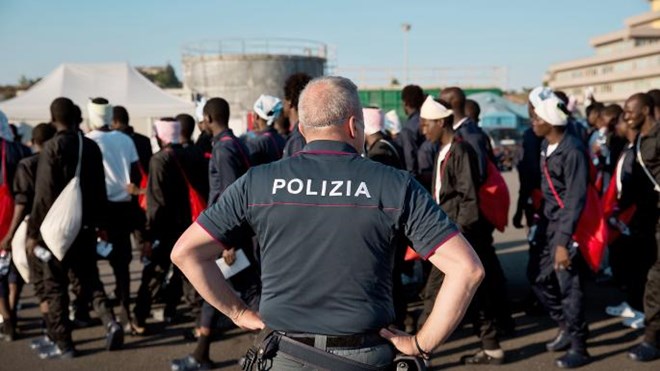







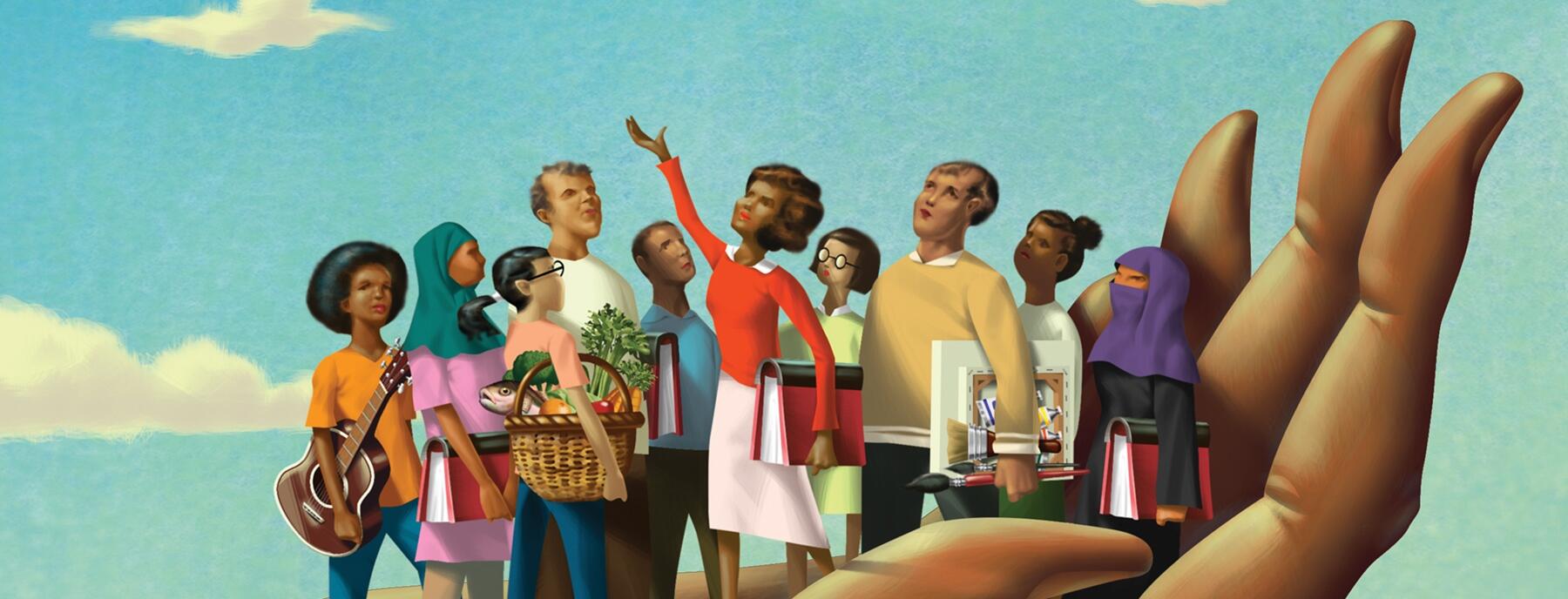

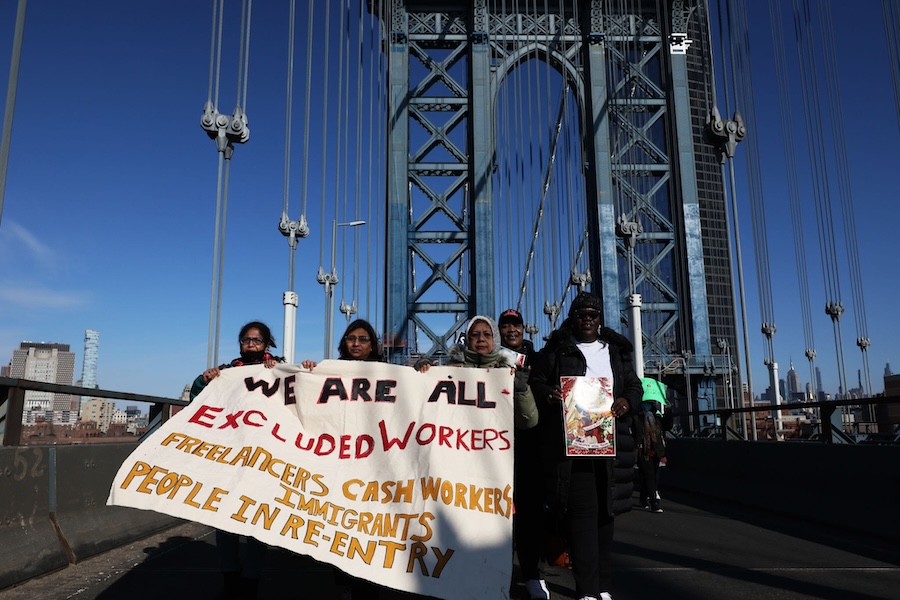
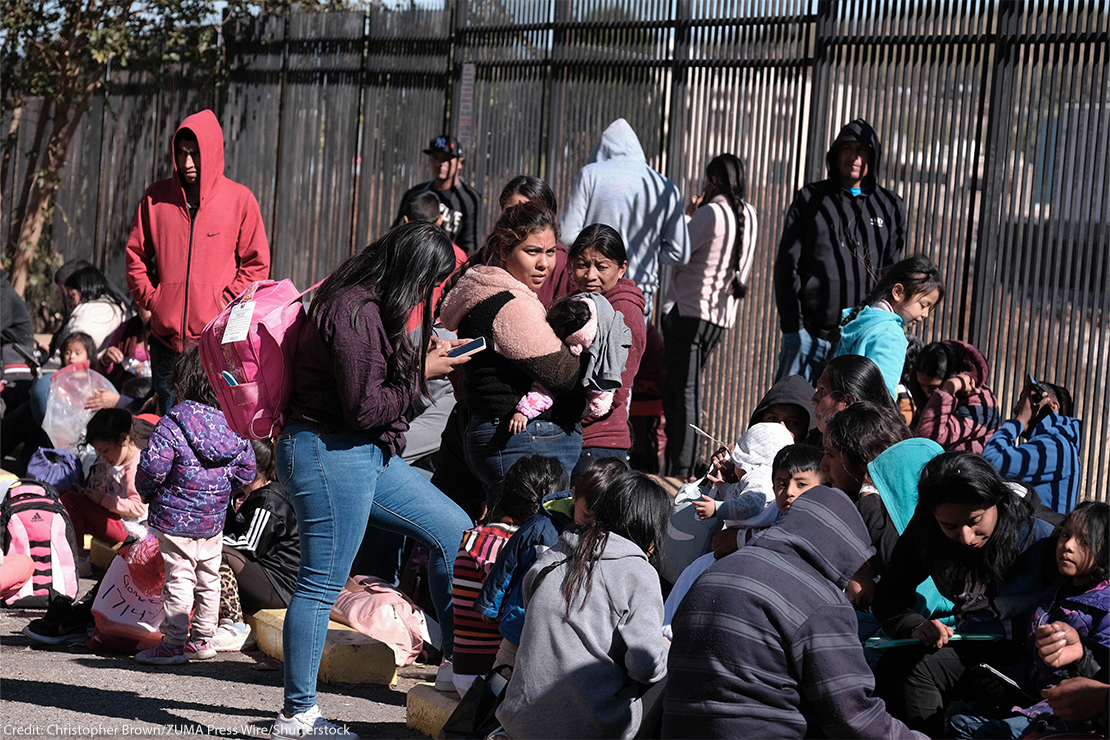

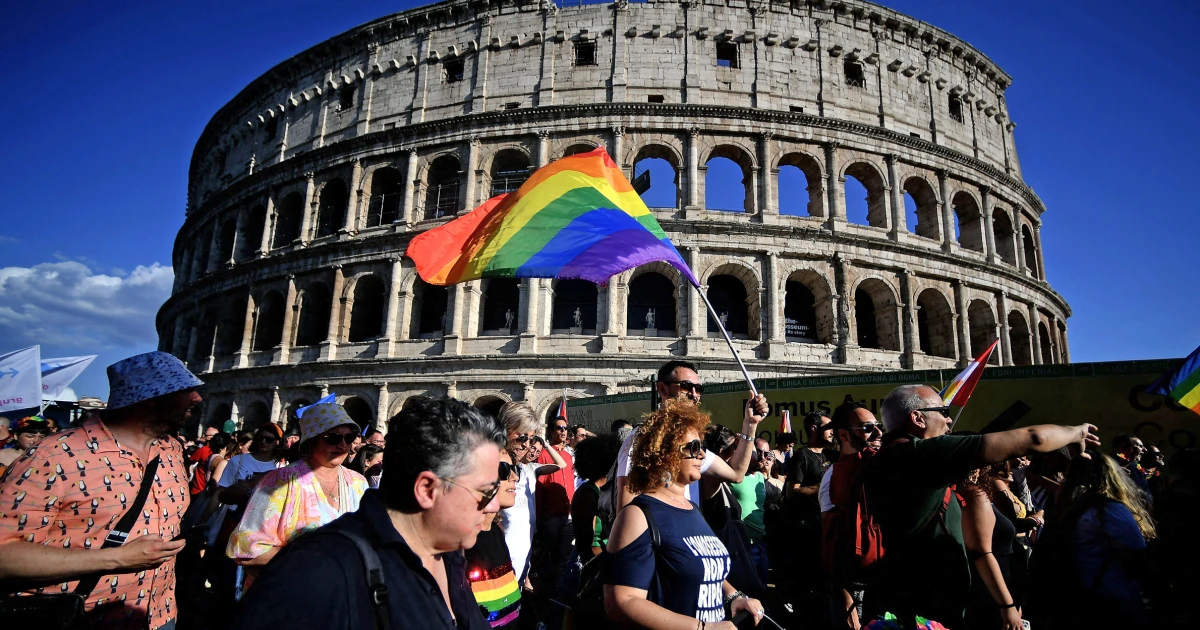

0 Comments